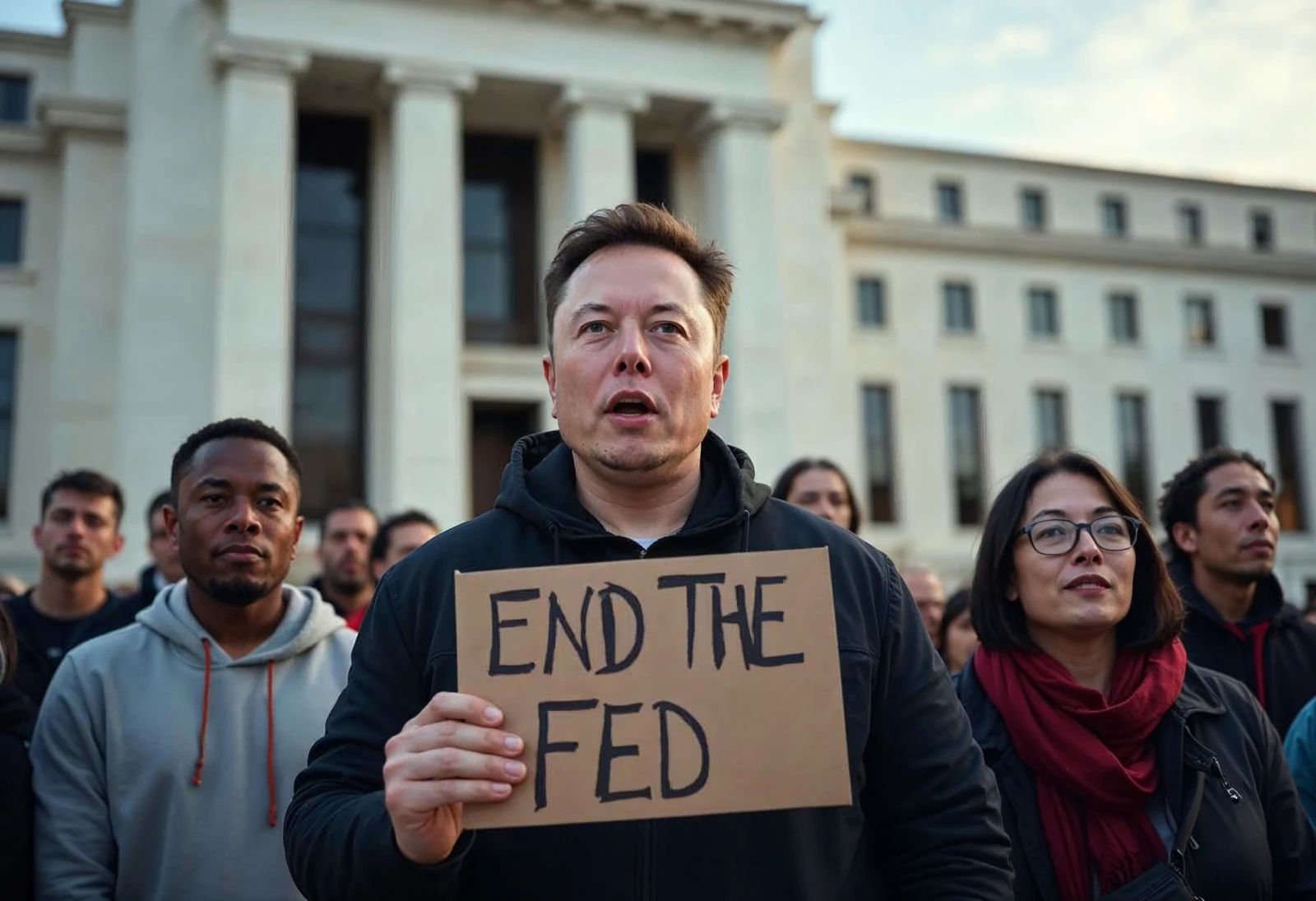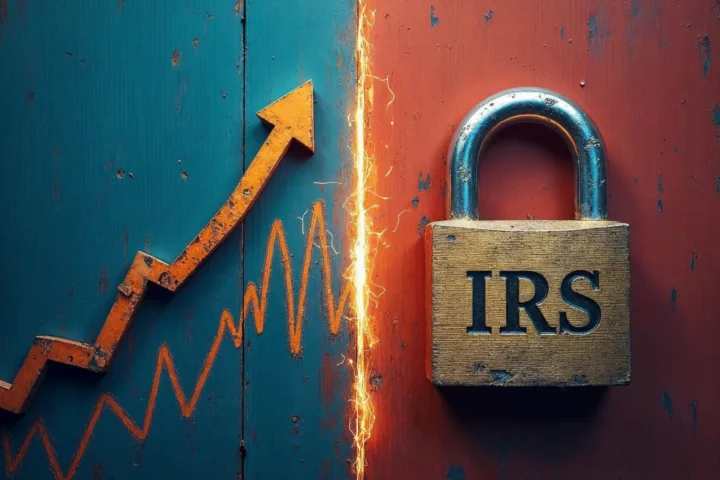On a recent social media post, billionaire entrepreneur Elon Musk drew attention to a call by Utah Senator Mike Lee to abolish the Federal Reserve Bank in the United States. Musk’s endorsement of Lee’s tweet, which advocates for greater executive oversight over monetary policy and the dissolution of the central bank, has sparked a renewed debate on the role of the Federal Reserve in the American financial system.
Senator Mike Lee’s Stance
Senator Mike Lee, a prominent conservative voice, argued that the Federal Reserve’s independence from executive control is a deviation from constitutional principles. Lee wrote:
“The Executive Branch should be under the direction of the president. That’s how the Constitution was designed. The Federal Reserve is one of many examples of how we’ve deviated from the Constitution, in that regard. Yet another reason why we should end the Fed.”
Lee’s criticism is rooted in the belief that the Federal Reserve’s current structure allows it to operate with minimal accountability, potentially leading to policies that may not align with the broader public interest.
The Growing Sentiment Among Sound Money Advocates
Lee’s call to abolish the Federal Reserve Banking System resonates with a growing number of “sound money” advocates and Bitcoin maximalists. These groups argue that centrally managed fiat currencies are susceptible to monetary inflation and currency devaluation. They contend that the Federal Reserve’s policies, particularly its quantitative easing measures, have contributed to the national debt and eroded the purchasing power of the US dollar.
Bitcoin as a Hedge Against Currency Inflation
As the national debt in the United States surpasses $35 trillion, Bitcoin has been increasingly recognized as a potential hedge against currency inflation. Lawmakers, financial experts, and individuals are exploring the role of Bitcoin in protecting consumer purchasing power.
Jimmy Patronis, Florida’s chief financial officer, is advocating for the state’s pension funds to invest in Bitcoin to safeguard against the depreciation of the US dollar. Similarly, Wyoming Senator Cynthia Lummis introduced the Bitcoin Strategic Reserve bill in the Senate in July 2024. Lummis highlighted rising inflation and the corresponding loss in purchasing power as key reasons for the bill.
President-Elect Donald Trump’s Bitcoin Stance
President-Elect Donald Trump, set to assume office in January 2025, has also expressed interest in Bitcoin. During the Bitcoin 2024 conference in Nashville, Tennessee, Trump hinted at the possibility of a strategic Bitcoin “stockpile.” Following his keynote address, Trump suggested that Bitcoin could be used to address the national debt, signaling a potential shift in the government’s approach to digital currencies.
Implications and Future Outlook
Elon Musk’s support for the abolition of the Federal Reserve and the increasing interest in Bitcoin among political and financial leaders reflect a broader dissatisfaction with the current monetary system. While the exact details of Musk’s proposed plan remain unclear, his endorsement of Lee’s call has brought significant attention to the debate.
Should these ideas gain traction, they could lead to substantial changes in how the US manages its monetary policy and financial systems. The potential impact on the national debt, inflation, and the overall economy remains to be seen, but the conversation is undoubtedly shifting towards more decentralized and transparent financial solutions.
As the debate continues, the future of the Federal Reserve and the role of alternative currencies like Bitcoin will be closely watched by policymakers, financial institutions, and the general public.











